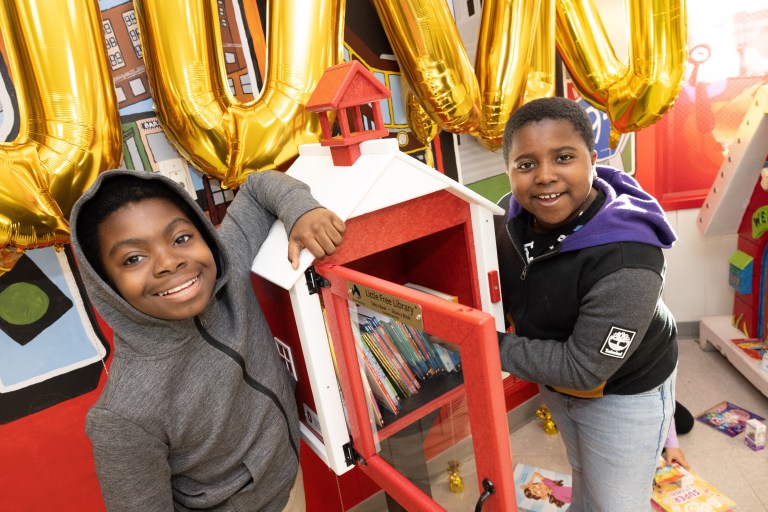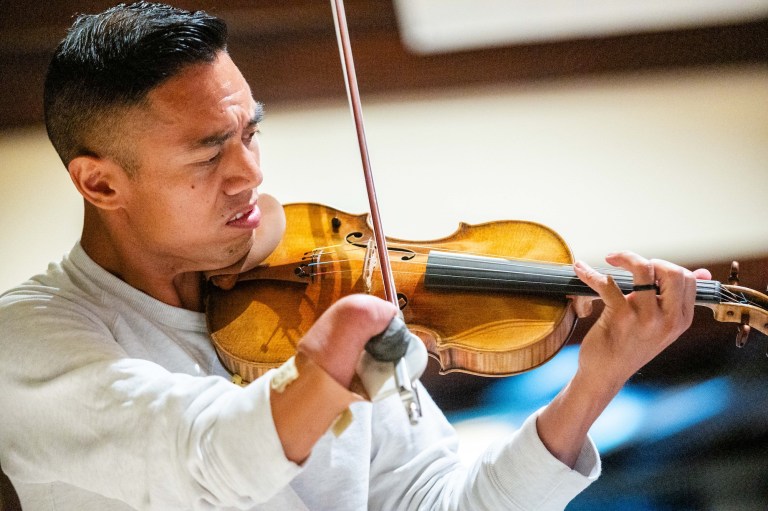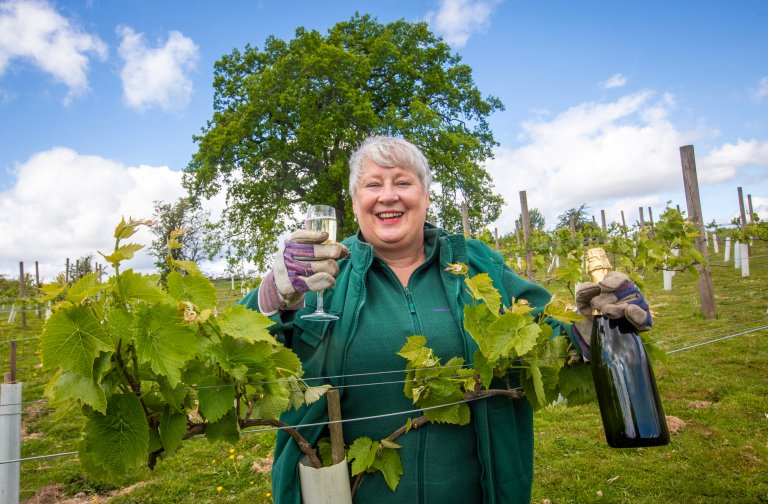If you subscribe to the concept of love languages, you’re familiar with “words of affirmation” being a manner in which some people prefer to give and receive love. But in actuality, everyone needs words of affirmation within their relationships, whether they’re romantic, platonic, familial, or collegial.
The language we use with others and ourselves has a great deal of power — studies have shown words can affect our emotional states, perspectives, pain perception, and more. In their book Words Can Change Your Brain, neuroscientist Dr. Andrew Newberg and researcher Mark Robert Waldman write: “A single word has the power to influence the expression of genes that regulate physical and emotional stress.”
So what are the best things to say to ensure we’re lifting other people up when they need it most? A recent report by Preply offers some insight. The language tutoring company surveyed 997 Americans between the ages of 18 and 76 about the expressions of support they most appreciate hearing — and the ones they could do without.
Of those polled, 42% said they share words of support with others daily. Overall, three simple phrases topped the list of words they like to hear: “I’m proud of you,” “You’ve got this,” and “I believe in you.”
Following up in fourth, fifth, and sixth place were “You’re doing great,” “I’m here for you,” and “You can do it,” respectively.

The rankings change, though, depending on the environment. For example, when asked what the best supportive phrase to hear at home, “I love you,” ranked No.1, with 72% of respondents saying they enjoy hearing it. Unsurprisingly, those words did not top the list when it comes to workplace encouragement. The winners there were “Great job!,” “You’re doing a fantastic job,” and “Keep up the good work.”
It’s important to note that context plays a role in how supportive phrases are received, and what feels best for some people in some situations may have a different effect on others.
“Sharing words of support can be complex due to a variety of factors like intense emotions, vulnerability, socio-cultural norms, language proficiency, and the potential for misinterpretation,” said Preply language expert Sylvia Johnson.
She added: “The risk of miscommunication can also be a concern as good intentions behind phrases like ‘You’ve got this’ might be misunderstood as pressure. Finally, cultural aspects could discourage people from saying, ‘Let’s tackle this problem together.’ It’s essential to understand these nuances and employ empathetic communication to share supportive words effectively and authentically.”
And sometimes, even when offered with the best intentions, some words that we perceive as uplifting can actually come across as insincere. One of the survey questions asked respondents to select which phrases come off as hollow or cliche. The top answers were “You’re stronger than you think,” “You’re a fighter,” and “You’ve got this.”
That last one demonstrates how much context matters, as it was also ranked as one of the phrases people most liked to hear. It’s important to take stock of a situation and a person’s emotional state when offering support.
The poll also asked in which situations that words of encouragement can feel cliche, and the No. 1 answer was during times of loss and grief. It can be difficult to know what to say to someone when they’re experiencing that kind of pain — and often, actions speak louder than words. Read our guide on how to support people who are grieving, which includes advice from three experts Nice News interviewed.
Share to:











